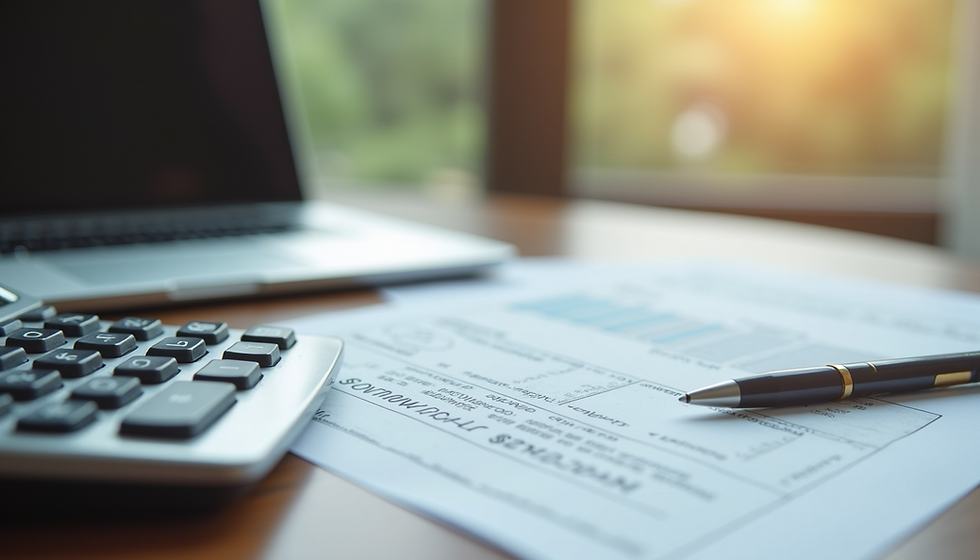Mastering Debt Management: Tips for Financial Freedom
- Jacine Sharpless
- Feb 5, 2025
- 2 min read
Are you feeling overwhelmed by your debt and unsure of where to start on your journey to financial freedom? Look no further! Secure Future Financial Coaching is here to provide you with valuable tips to help you master debt management and work towards a secure financial future.

Create a Budget: The first step in taking control of your finances is to create a budget. Begin by listing all of your income sources and monthly expenses. Be sure to differentiate between needs and wants, and identify areas where you can cut back to allocate more funds towards debt repayment.
Set Financial Goals: Setting clear financial goals can help keep you motivated and focused on your debt management journey. Whether it's paying off a credit card, student loan, or car loan, having specific goals in mind can provide a roadmap for success.
Prioritize Debt Repayment: The debt snowball method involves paying off the smallest debt first and then rolling that payment into the next smallest debt. This method can help you gain momentum and stay motivated as you see your debts decreasing.
Build an Emergency Fund: Unexpected expenses can derail your debt repayment progress. To avoid falling back into debt, aim to build an emergency fund that covers 3-6 months' worth of living expenses. Having this financial cushion can provide peace of mind and prevent you from relying on credit cards in times of crisis.
Seek Professional Help: If you're feeling overwhelmed or unsure of how to proceed with your debt management plan, consider seeking the guidance of a financial coach. Secure Future Financial Coaching offers personalized coaching sessions to help you navigate your financial challenges and work towards a secure future. Remember, mastering debt management takes time and dedication, but with the right strategies and support, you can achieve financial freedom. Stay committed to your goals, track your progress, and celebrate your successes along the way. Your future self will thank you for taking control of your finances today.



Comments